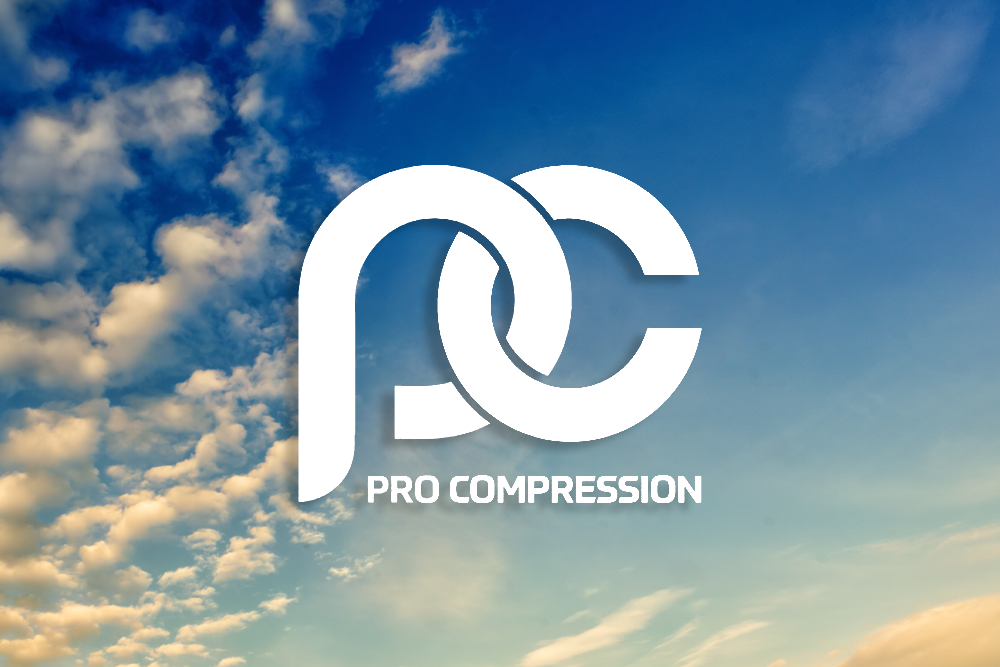In my last post titled ‘Be the Wave—Or ‘The New Marketers’ Manifesto,’ I discussed that amazing transformation that’s taking place in the way people interact with their favorite brands. Exciting stuff, right? Building on that, today I would like to turn your attention to another crucially important trend in the marketing world you need to become familiar with, called ‘Content Marketing.’
As I mentioned in my last post, we’re in a time of rapid change, where control of the Buyer’s Journey has shifted to the customer and out of the firm’s control. In this landscape, many consumers have simply shut themselves off from the traditional world of sales and marketing. Armed with laptops, smartphones and tablets, today’s buyers instead turn to the Web and Social Media to educate themselves.
Making a sale in this new paradigm requires having a presence where your prospects or customers are—which is increasingly on their mobile devices and in the Social Media universe—not necessarily where you want them to be or where they were previously.
But that’s not all. Today’s consumers also tend to be increasingly turned off by traditional sales and marketing tactics. This has resulted in plunging response rates and decreased levels of brand perception across the board. Think about it. If you own a DVR, when’s the last time you actually sat through a full 30-second TV commercial? Probably during the Super Bowl, right? That was more than one month ago.
Success in this environment requires selling by informing—and this is where Content Marketing comes into play. Content Marketing means creating and distributing valuable and highly relevant content to your customers and prospects, with the goal of attracting and engaging your target audience, while driving profitable customer interaction and cementing your brand’s reputation as a thought leader and industry expert.
Content Marketing is the art of opening up a dialog with your customers and prospects without engaging in actual hard selling or pitching. Instead of relentlessly promoting products or services, you inform customers and prospects about key industry issues, sometimes involving your products, but mostly not. The objective is to deliver information that makes your potential buyers better educated, while lifting the perceived value of your company, brand and products.
The foundation of this strategy is the belief that if buyers are well informed, they will not only reward us with their business and ongoing loyalty, but also become brand advocates and help spread the word across the Social Media Universe—essentially doing our jobs for us.
Content Marketing is highly effective because study after study has shown us that, when push comes to shove, the vast majority of buyers prefer to receive company information in an informative article versus an advertisement. In fact, according to statistics published by the Custom Publishing Council and Roper Public Affairs, 80 percent of business decision makers prefer to receive news and information this way. Wow!
But if you think the term ‘Content Marketing’ sounds kind of fuzzy and you’ve never heard of it before, you’re not alone. It’s basically a new umbrella term that encapsulates a number of things, some new and some old. Many things can be considered Content Marketing, including white papers, blogs, industry studies, feature articles in industry or trade publications, website copy and, of course, a presence on various Social Media websites.
Marketers of all stripes are currently using Content Marketing strategies in a wide variety of business activities, including demand generation, lead nurture, direct sales, customer retention and CRM, not to mention generating valuable PR and establishing the firm as an industry thought leader, while increasing brand equity and perceived value.
Ever hear of the term ‘Content Engineer?’ If not, I guarantee you will soon. A Content Engineer is a fancy sounding title that describes someone, usually in the marketing department, who specializes in researching, creating and deploying relevant and engaging content, while tracking interaction and engagement and tying it back to an ROI. It’s a new role, but more and more firms are jumping on the Content Marketing bandwagon and adding a Content Engineer to their staff to help lead the way.
Does your firm have a Content Engineer yet? If not, what are you waiting for?





